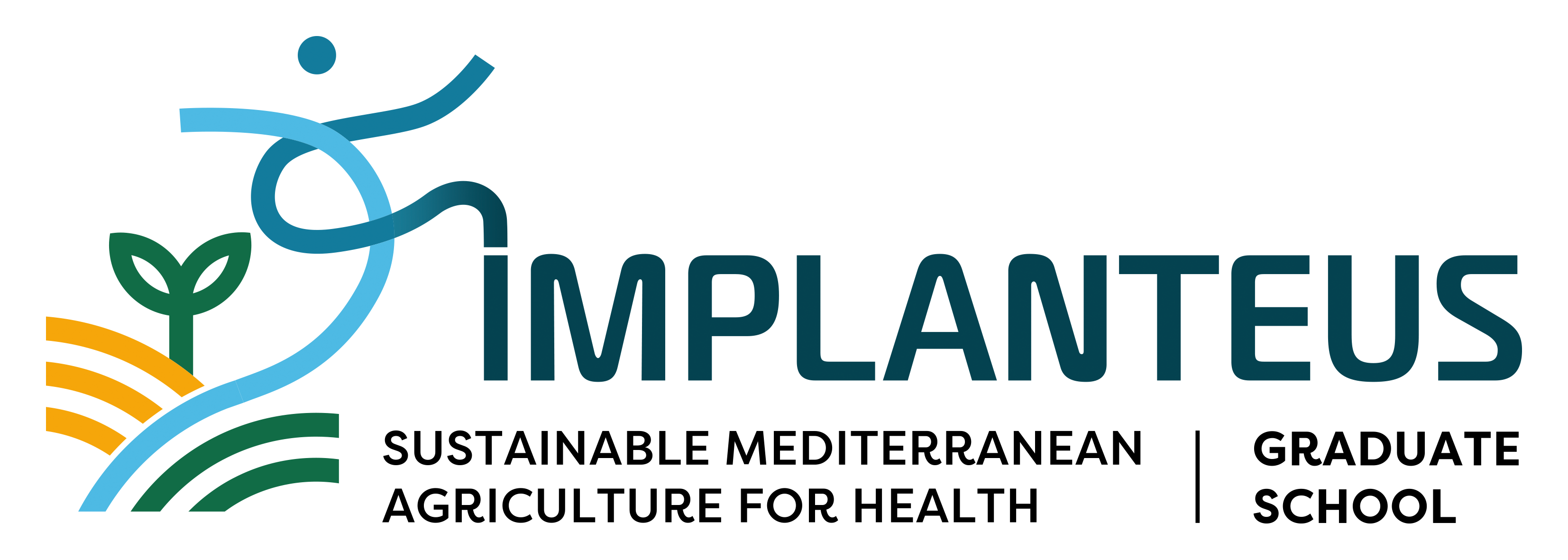L’école universitaire de recherche Implanteus, propose pour sa quatrième année un cycle de conférences en ligne & en présentiel.
La première conférence du second semestre aura lieu :
Jeudi 15 février à 15h00 en présentiel – Campus Jean-Henri Fabre, UFR STS – salle B020
Specific physico-chemical properties of root mucilage and their effect on rhizosphere physical (hydraulic and microstructural) properties
Dr. Mathilde Knott
Rheinland-Pfälzische Technische Universität (RPTU)
Environmental and Soil Chemistry
Landau (Pfaz), Germany
In the context of climate change and agro-ecological transition, it is important to expand our understanding of soil ecosystem services, including water efficiency, mineral nutrition, pest and disease tolerance, and the quality of the final produce. It is widely recognized that soil organic matter, which mostly originates from plants, serves as the initial building block for a series of degradation and transformation processes carried out by soil micro and macro-organisms. These processes provide nourishment and guidance to these organisms, as well as to all of the ecosystem services they support (Brax et al., 2020). Previous research has primarily focused on small organic substances. However, recent advancements in metabolomics tools have led to increased interest in large soil organic polymers, including their diversity, transformation over time, and impact on soil services (Diehl et al., 2023; Knott et al., 2022). The most prevalent soil biopolymers include root mucilage, earthworm mucus, and microbe extracellular polysaccharides. These are known to play a significant role in soil surface physico-chemical properties and processes, such as carbon sequestration through adsorption, nutrient immobilization through complexation, and water redistribution (Knott et al., 2022; Schnepf et al., 2022; Werner et al., 2022). This paper will present current knowledge on soil organic biopolymers structure, analysis tools, and impact on plant health and development.


